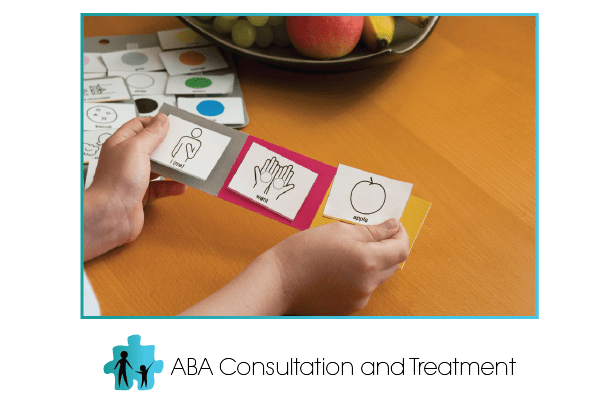As we all continue to face the unprecedented challenges of the COVID-19 pandemic crisis, we may find ourselves needing more and more help with our psychological well-being. This crisis is not only potentially affecting us physically, but economically, emotionally, socially, and psychologically. Just as we turn to our medical experts to help us preserve our physical well-being during this challenging time, we should seek the advice of our mental health professionals as well. Russ Harris, author of the international best-selling self-help book ‘The Happiness Trap’, and world-renowned trainer of Acceptance & Commitment Therapy (ACT) has outlined some practical steps to help us effectively respond to the current crisis using ACT principles. If you’re not familiar, in short, ACT is a form of counseling and a branch of clinical behavior analysis (just like ABA). It is an empirically based psychological intervention that uses acceptance and mindfulness strategies mixed in different ways with commitment and behavior-change strategies, to increase psychological flexibility. Harris uses the principles of ACT to outline nine key steps to help us during this time using the acronym “FACE COVID”:
F = Focus on what’s in your control
A = Acknowledge your thoughts & feelings
C = Come back into your body
E = Engage in what you’re doing
C = Committed action
O = Opening up
V = Values
I = Identify resources
D = Disinfect & distance
- F = Focus on what’s in your control The more we focus on what’s not in our control right now, the more anxious we’re likely to feel. It’s time to accept what’s out of our personal control right now and commit to action that improves lives now such as practicing social distancing and finding unique opportunities to be productive at home.
- A = Acknowledge your thoughts & feelings Observe your thoughts and feelings as just that: an observer. Realize your thoughts and feelings aren’t you, but things we momentarily experience. Use language such as, “I’m noticing feelings of anxiety”, “I’m having thoughts about getting sick”, etc.
- C = Come back into your body After acknowledging your emotions or feelings, practice connecting with your body as a way to ground yourself. This can be done with mindful breathing or stretching. This isn’t to escape or avoid your feelings, but, to again, focus on what’s in your control.
- E = Engage in what you’re doing Harris then recommends to re-focus your attention on an activity you are doing in the present moment. For example, try noticing 3 or 4 things you can hear, or giving your full attention to a task or activity at hand (such as washing your hands).
After grounding yourself in these activities, it’s time to move onto the steps of COVID
- C = Committed action Committed actions are a core principle of ACT. It means taking effective actions that are guided by your values. Do you value being someone who is caring? Reach out to someone in distress. Is a value of yours being creative? Develop an art project or crafts activity with your children. What committed actions can you take during this time that years from now you can look back at and feel proud that you did?
- O = Opening up Opening up asks us to be willing to take on difficult feelings and showing self-compassion towards ourselves. Often our values come with unwanted emotions that we need to be willing to accept to live a fulfilling life. Yes, starting an art project with your child might involve them crying at some point when something goes wrong, but are you willing to experience their crying if it means following your value of being creative? Harris reminds us that practicing self-kindness is critical to coping with this crisis. He asks, “If someone you loved was going through this experience, feeling what you are feeling – if you wanted to be kind and caring towards them, how would you treat them? How would you behave towards them? What might you say or do?”. Then try treating yourself the same way.
- V = Values Again, values are vital because they guide the committed actions we take during this crisis. What sort of person do you want to be as we experience this watershed moment in our lives? If you determine that a value of yours is kindness, what are some ways you can be kind to yourself as you go through this? What are some kind ways you can contribute to your community? A nice list of values can be found here that can help you decide what values are important to you and also guide what committed actions you take.
- I = Identify resourcesThe last two steps are practical reminders. First, identify resources for help with support and advice. Refer to health professionals for physical and psychological well-being. Use trustworthy resources to help protect yourself and others.
- D = Disinfect & distance Finally, and as you know by now, disinfect your hands regularly and practice as much social distancing as reasonably possible. These can be a committed actions to protect yourself as well as others, and they’re likely in line with your values. Harris finally reminds us that we’re practicing physical distancing – not emotional distancing.
Resources:
Harris, R. (2020, March 20). FACE COVID. How to respond effectively to the coronavirus crisis. ContextualScience.org. https://contextualscience.org/covid19_therapy_resources.



